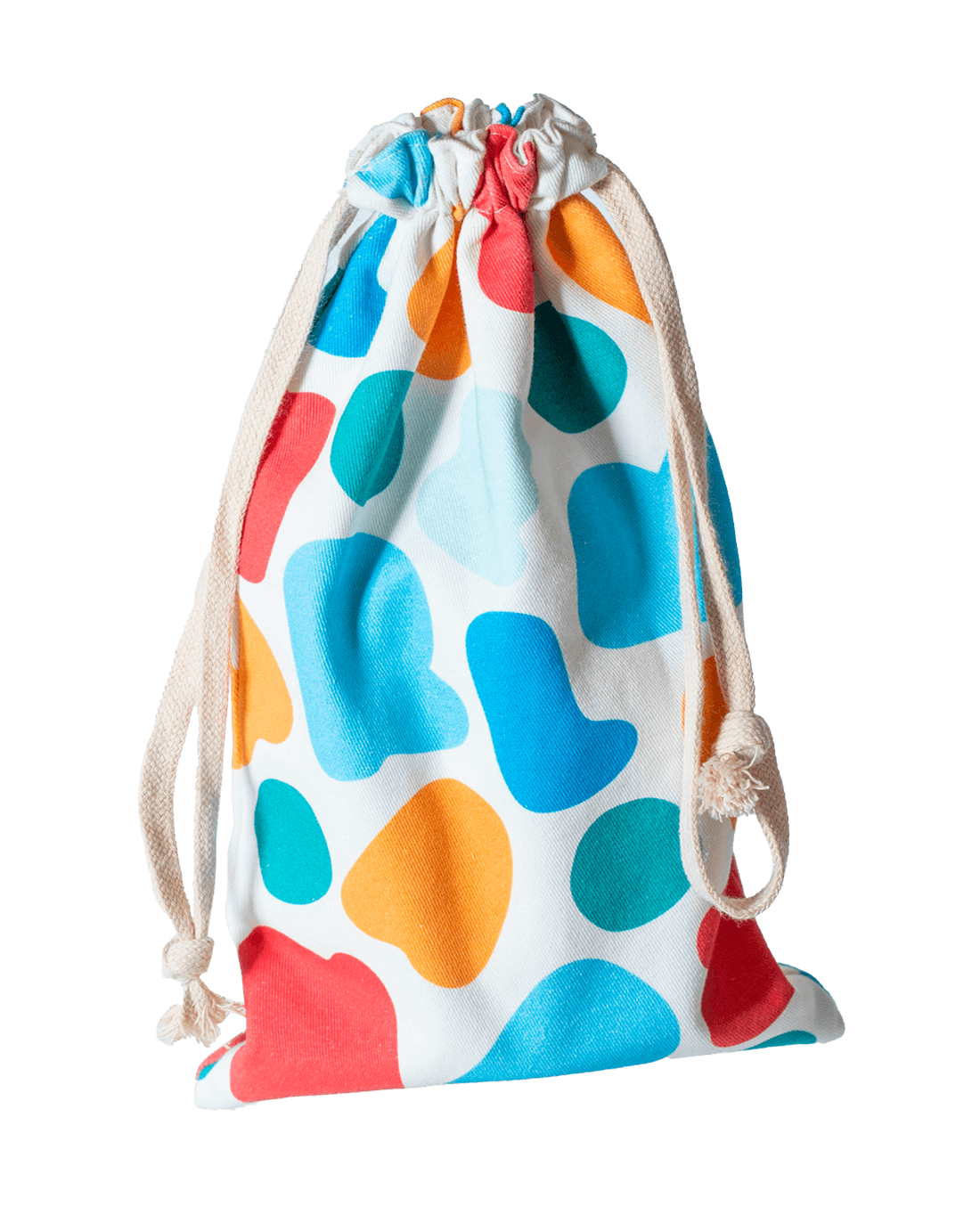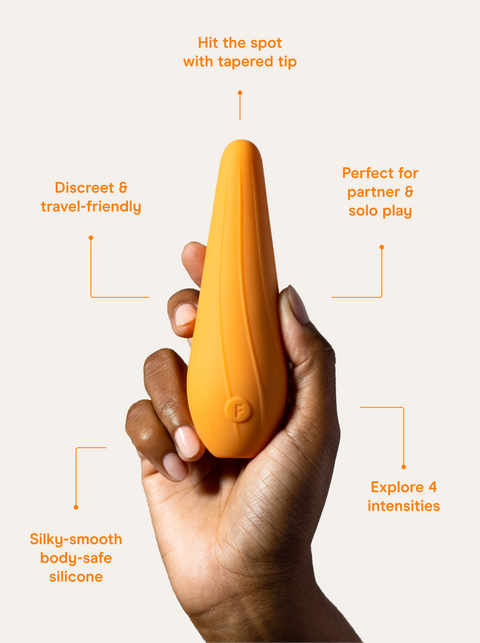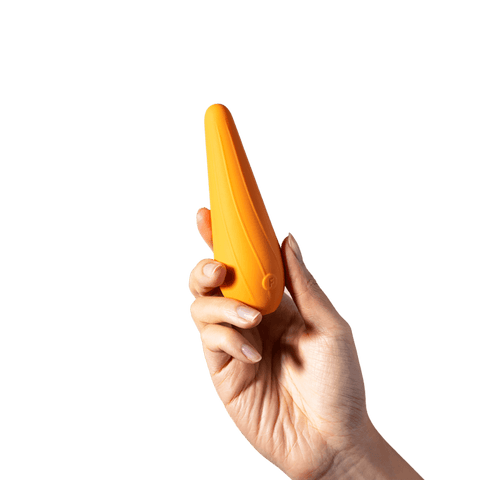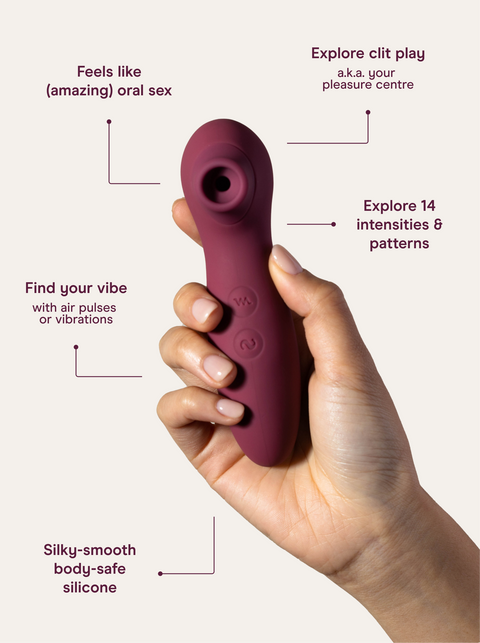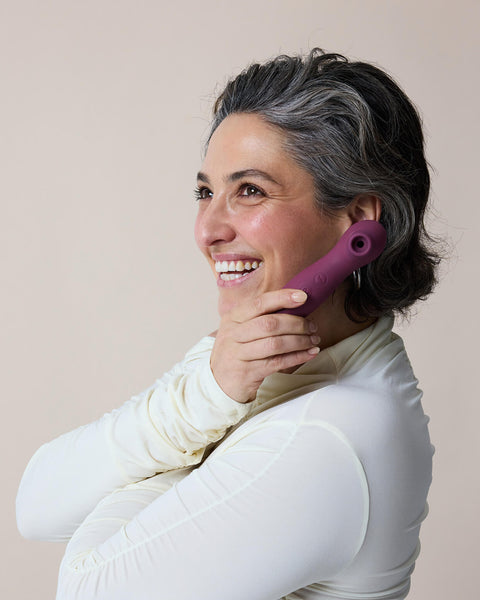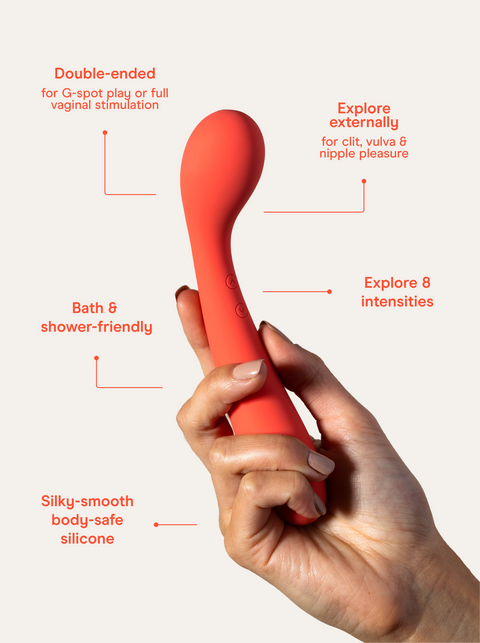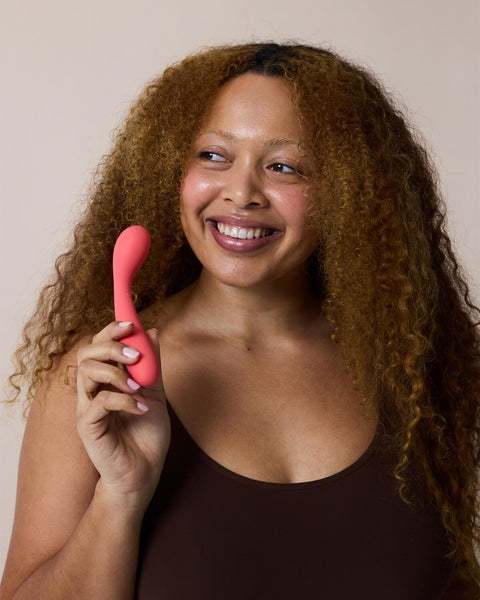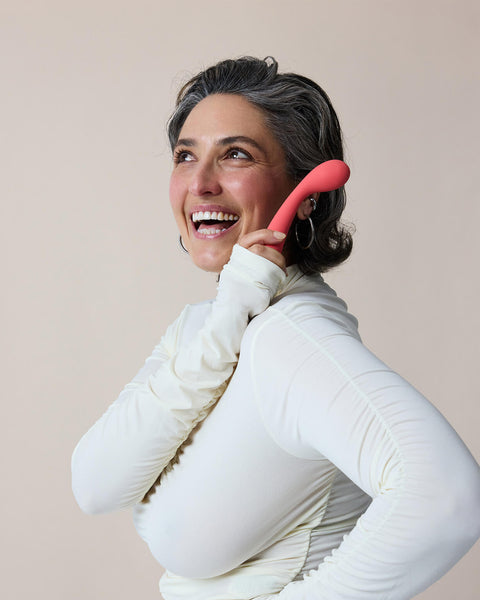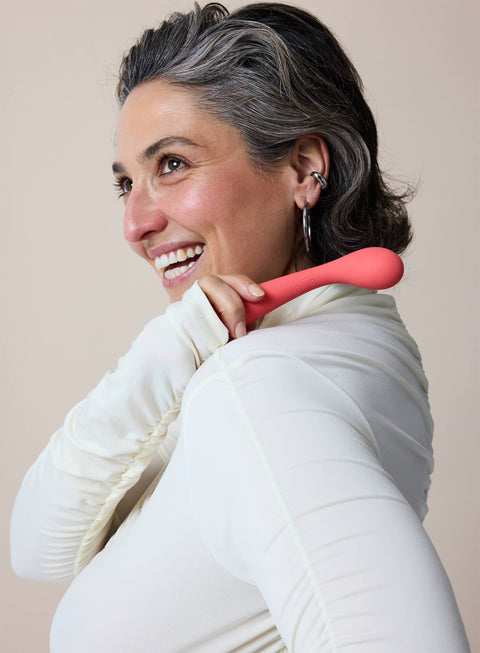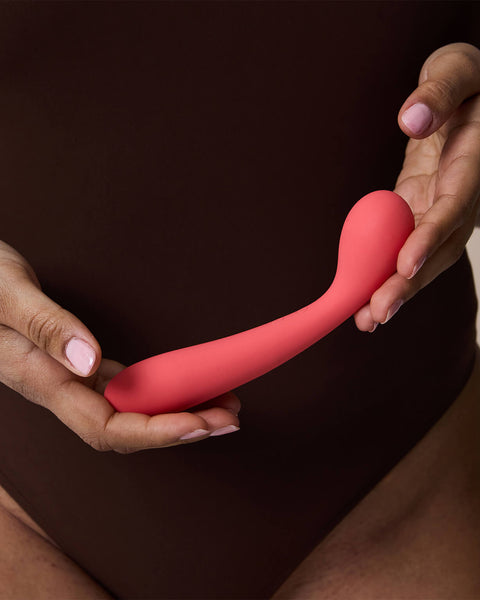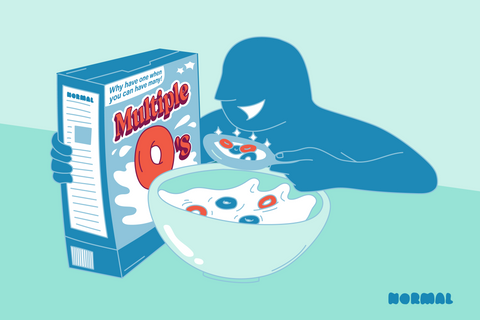Have you ever heard someone say that their love language is acts of service, or quality time?
Or have you ever known someone to say that they have a fearful-avoidant attachment style?
What does it all mean?
Okay, so we’ll be honest: we are about to venture into the territory of pop psychology today. If you have a tendency towards scepticism, this may not be your bag—but if you want to learn about some interesting and novel takes on dating and relating in the twenty-first century, you’ve come to the right place.
‘Relationship theories’ are, essentially, theories about how relationships are formed between two people. They cover everything from why we’re attracted to certain people, how we behave in a relationship, and what we subconsciously require from our partners to feel valued and desired.
Interested? Read on—we’ll take you through some of the better-known relationship theories out there.
Basically:
- Relationship theories are a popular and interesting part of pop psychology
- Love languages, attachment theories, and love types are some of the most popular theories
- Don’t forget that relationship theories are just that—theories!
Love languages
The theory of love languages was first suggested by Gary Chapman in his book The Five Love Languages: How to Express Heartfelt Commitment to Your Mate. He wrote that everyone has one of five ‘love languages’, or a specific way they like to be treated, and to treat others, within relationships. The five languages are:
- Quality time, meaning we value time with our partners above anything else
- Acts of service, meaning we enjoy actively doing things for our partners
- Physical touch, meaning we connect with our partner through touch
- Compliments, meaning we like to tell our partner how much we adore them
- And gifts, meaning we love giving our partner presents!
Chapman argued that knowing your own love language and the language of your partner can help you have a stronger and more understanding relationship. Someone whose love language is quality time, for example, might want nothing more than a deep conversation with their partner over dinner—while someone whose love language is physical touch might be more into the idea of a long massage or some between-the-sheets intimacy. Chapman believes that if we seem to be wanting totally different things to our partner, we can help ourselves and our relationship by learning to understand their love language.
Keen to learn more? You can take the love language quiz on Chapman’s website.
Attachment theory
Psychoanalyst John Bowlby developed the attachment theory based on the theories of Sigmund Freud. Bowlby believed that the way we behave as children when we’re separated from our parents—whether we cry, get upset and scared, or are happy to be by ourselves for a little while—can impact the way we behave in romantic relationships when we’re older. (See? Very Freudian.)
Bowlby suggested that everyone behaves according to one of four attachment types. They are:
- Secure attachment. Although we don’t love being separated from our partner for an extended period of time, we’re generally happy and comfortable to spend time alone
- Anxious-avoidant attachment. If we’re in conflict with our partner, we can shut down and appear unemotional. We can seek out emotional or physical distance as a way to avoid or minimise conflict.
- Anxious-resistant attachment. We derive a strong sense of security from being with our partner, and we can feel scared or even jealous when they’re away from us. We might find ourselves seeking reassurance from them, or hoping that their presence in our life can fix deeper issues.
- Fearful-avoidant attachment. We want to be with our partner, but we’re afraid of getting hurt or of confronting our feelings so we can push them away if we believe they’re too close to us.
Attachment theory deals with some heavier aspects of relationships, like how we feel when we’re alone and how we deal with conflict. We don’t think an online quiz can offer reliable insight into these deeper aspects of our personalities, but if anything from this theory sticks with you or makes you think, we encourage you to speak with a close mate, a GP, or a mental health professional.
The ‘love types’ theory
Biological anthropologist Helen Fisher has built a career around researching how and why humans develop attractions, have relationships, and fall in love. Through her research, she developed a theory that all humans have one of four personality types—and that these personality types influence how we date, how we work, and what we’re like with our friends and families. The four types are:
- The explorer. This is someone who’s comfortable with taking risks and loves to think outside the box. They’re independent and love adventure.
- The builder. A builder is logical, analytical, and enjoys following processes. Someone who is a builder may not be overly spontaneous, but they’ll be reliable and trustworthy.
- The director. Here’s a confident and direct person who may not appear overly emotional. Someone who can be quite competitive and even a little sceptical.
- The negotiator. A negotiator has high levels of emotional intelligence. They’re intuitive, empathetic, and nurturing.
While there are no ‘good’ or ‘bad’ personality types in Fisher’s theory, each type has traits that other types may prefer—or prefer to avoid. A director, for example, may clash with a negotiator’s touchy-feely way of life, but they may love an explorer’s spontaneity and rebellious nature. A builder, on the other hand, might really appreciate a negotiator’s reliable and consistent nature.
Interested to find out your type? You can take Fisher’s quiz here.
These are just a few of the many relationship theories out there. While we think there are useful and interesting elements to all of these theories, we want to be clear that they’re just that—theories. They’re not fact! Although they can be fun and insightful to think about, we don’t want you to rush off and restructure your whole life around pop psychology, or get bogged down by the idea that you’re a negotiator with anxious-avoidant attachment style and the love language of quality time. Everyone is unique, and has their own individual ways of approaching dating and love—these are just some of the more popular ones that we find interesting.
